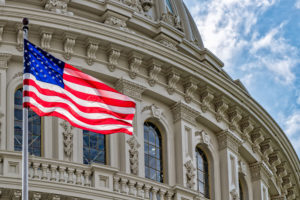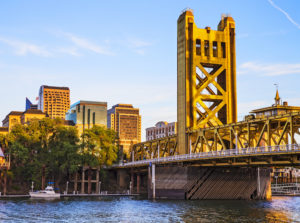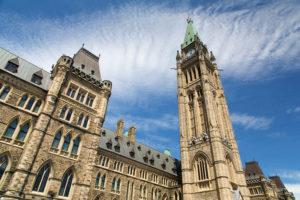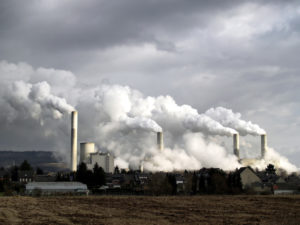Repealing the CFPB’s Arbitration Rule
President Trump signs measure rescinding the financial consumer watchdog’s recent rule.
The Battle Over the Military’s Transgender Policy Is Far from Over
A federal court temporarily blocks the White House transgender ban, but the need for a watchful eye remains.
Repeal of Mandatory Arbitration Ban Is a Wall Street Giveaway
Critics of CFPB’s arbitration rule are wrong about who bears the harms of forced arbitration.
To Solve the Next Foreclosure Crisis, Look to Sacramento
California was more effective than the federal government at preventing foreclosures during the Great Recession.
How FDA Should Use Its Authority to Regulate Human Cells
FDA should encourage states to be the primary regulators of stem cell procedures.
The Secretary of Energy’s Tariff Proposal Would Be Disastrous
Revising FERC’s open access tariff rules would reverse 40 years of progress.
Curbing Prescription Opioid Abuse Through Insurance Regulation
New study shows regulators have overlooked insurers in tackling the opioid epidemic.
Do Shareholders Actually Have “Contracts” with Delaware Corporations?
Legal scholar argues that Delaware’s longstanding use of contract metaphor should be fixed.
Regulatory Reform Should Be About Strengthening Legislative Responsibility
Countries like Australia and Canada offer models for reining in delegation of lawmaking authority to agencies.
Does the Administrative State Threaten U.S. Democracy?
Panel focuses on claims of potential dangers from growth in government agencies.
FDA’s Authority to Regulate Off-Label Promotion
Expert argues that federal law gives regulator authority to restrict unauthorized drug uses.
How the Clean Power Plan’s Repeal Undermines Regulatory Analysis
The Trump Administration’s purported economic justification weakens the credibility of cost-benefit analysis.












